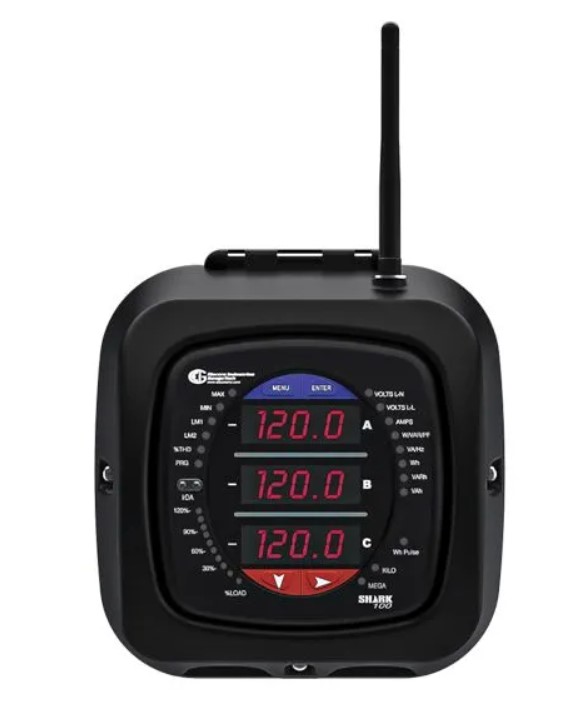
A power energy meter, also known as an electricity meter or energy monitor, is a device used to measure and monitor electrical energy consumption in residential, commercial, and industrial settings. Choosing the right power energy meter involves considering various factors related to functionality, accuracy, features, and compatibility. Here’s a guide on how to choose a power energy meter and its purpose:
How to Choose a Power Energy Meter
Type of Meter: Single-Phase vs. Three-Phase: Determine whether you need a meter for single-phase (residential) or three-phase (commercial/industrial) electrical systems based on your application.
Analog vs. Digital: Choose between analog meters (with rotating dials) and digital meters (with LCD displays) based on preference and readability.
Accuracy and Precision: Ensure the meter meets accuracy standards specified by regulatory authorities. Look for meters with Class 1 or Class 2 accuracy ratings for precise energy measurements.
Measurement Range: Check the meter’s measurement range to ensure it can handle the expected load and voltage levels of your electrical system without exceeding its capacity.
Compatibility and Connectivity: Consider meters that support your specific electrical system voltage.
Choose meters with built-in communication interfaces for data logging, remote monitoring, and integration with energy management systems.
Ease of Installation and Use
Select meters that are easy to install and configure, with clear installation instructions and user-friendly interfaces.
Ensure the meter supports local regulations and standards for installation and calibration.
Cost and Value: Compare the cost of the meter with its features, accuracy, and durability to ensure good value for your investment.
Purpose of Power Energy Meters
Energy Consumption Monitoring: Power energy meters measure and record electricity usage over time, allowing consumers to monitor and analyze energy consumption patterns.
Billing and Cost Allocation: Utility companies use power meters to accurately bill customers based on actual energy usage, promoting fair and transparent billing practices.
Load Management: Industrial and commercial facilities use energy meters for load profiling and demand management to optimize energy use and reduce peak demand charges.
Energy Efficiency and Conservation: By tracking energy usage in real-time, energy meters help identify opportunities for energy efficiency improvements and conservation measures.
Equipment Monitoring and Maintenance: Energy meters can be used to monitor the performance and health of electrical equipment, detecting anomalies and potential faults that may lead to downtime or inefficiency.
Compliance and Reporting: Power energy meters provide data for compliance reporting and regulatory audits, ensuring adherence to energy efficiency standards and environmental regulations.
Choosing a power energy meter involves considering factors such as meter type, accuracy, compatibility, features, installation ease, and cost. The purpose of power energy meters extends beyond simple energy measurement to include energy monitoring, billing accuracy, load management, energy conservation, equipment maintenance, and regulatory compliance. By selecting the right meter and leveraging its capabilities, consumers and businesses can optimize energy use, reduce costs, and contribute to sustainable energy practices.






